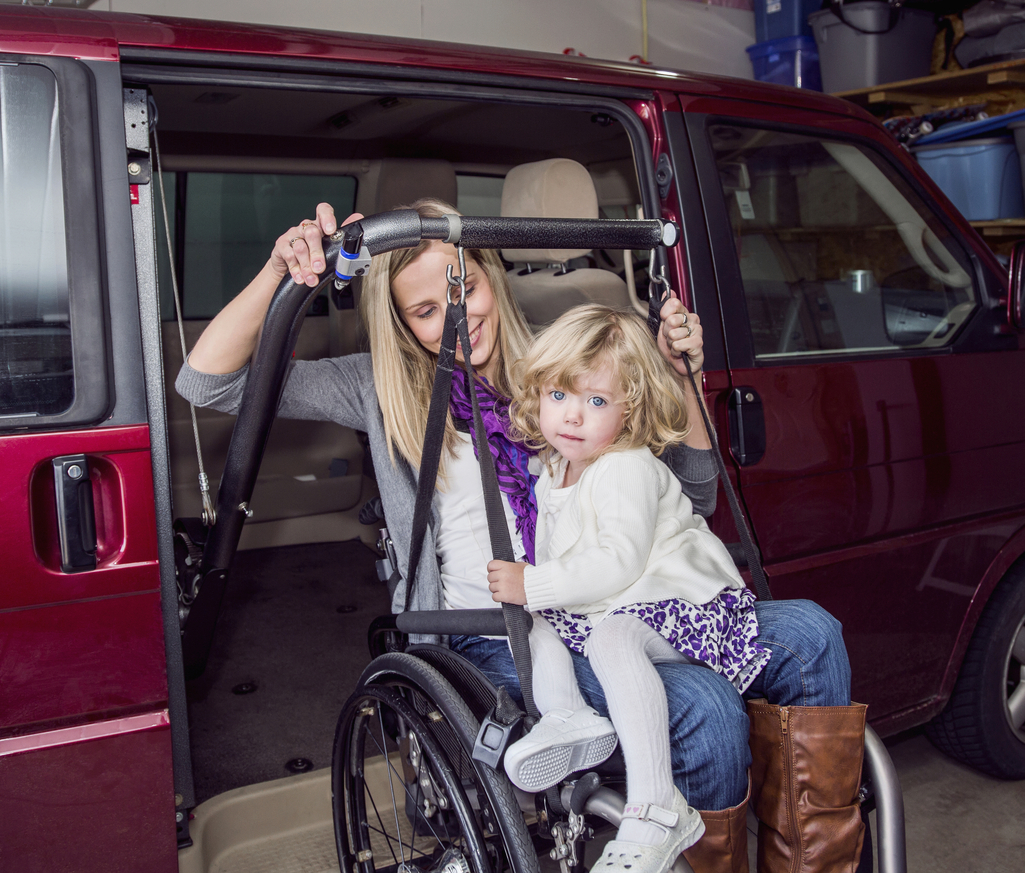Self-Advocacy Tips for Pregnant Women with Physical Disabilities (Plain-language version)
Download PDF | Original version
Since the Americans with Disabilities Act was passed more than 25 years ago, society has been fairer to people with disabilities than it was before. People with disabilities can still have a hard time, though. Pregnant women with physical disabilities sometimes have problems with health care. Some staff say bad things about people with disabilities. Sometimes it is hard or impossible to get around doctors’ offices and hospitals. Transportation can be difficult to use. Sometimes women with disabilities can’t use the transportation they are offered at all. Some doctors do not understand their disabilities. For many women, people’s thoughts about disability can be harder than getting around.
Monika Mitra and her research team wanted to find out how doctors can take better care of pregnant women with physical disabilities. They held interviews with pregnant women with physical disabilities to find out what they thought. The women gave advice to other women with physical disabilities who were pregnant or thinking of having a baby.
Find the right doctor
Find a good doctor who is willing to work with you and listen to what you have to say. The right doctor will respect you and your decision to have a child.
Do your homework
Do online searches to find out about being pregnant with your disability. The OI Foundation has information about pregnancy for women with osteogenesis imperfecta (a disability that affects how bones grow). Other groups have information for women with different kinds of disabilities, too. Talk to doctors who know about your disability to see what they know about pregnancy.
Connect with other mothers with disabilities
Join groups of mothers with disabilities to find out what works best for them. You may be able to find local groups or online groups. Some places where you can find other people to talk to include Facebook, Twitter, Tumblr, blogs, the Disabled Parenting Project, and forums. For example, national or regional groups for people with disabilities are one way to find support. Groups like this include the Little People of America.
Speak up for yourself
Do not be afraid to talk to people on your medical team about your needs and wants. They are there to help you. Being open about your needs will help them understand what you are going through. Make sure that you talk with them about both pregnancy and childbirth. Get as many details as possible. Get ready by doing your homework on pregnancy and your disability. That way you will have the tools to speak up for yourself when talking to your medical team.
Get ready for pregnancy, childbirth, and beyond
Think of anything you will need to make giving birth easier. Remember to tell the hospital beforehand. Look for tools you may need to make raising your child easier for you. Some examples are accessible cribs or wheelchairs with seats that push back. You may want to talk with an occupational therapist (somebody who works with people with disabilities to help them with skills) to see if they have any suggestions.
Download PDF | Original version
Adapted from Mitra, Long-Bellil, Iezzoni, Smeltzer, Smith. (2016). Pregnancy among women with physical disabilities: Unmet needs and recommendations on navigating pregnancy. Disability and Health Journal, 9(3), 457–63.

